With 232 pages and an expanded 12″ by 12″ format, our biggest print issue yet celebrates the people, places, music, and art of our hometown, including cover features on David Lynch, Nipsey Hussle, Syd, and Phoebe Bridgers’ Saddest Factory Records, plus Brian Wilson, Cuco, Ty Segall, Lord Huron, Remi Wolf, The Doors, the art of RISK, Taz, Estevan Oriol, Kii Arens, and Edward Colver, and so much more.




Photo by Michael Muller. Image design by Gene Bresler at Catch Light Digital. Cobver design by Jerome Curchod.
Phoebe Bridgers makeup: Jenna Nelson (using Smashbox Cosmetics)
Phoebe Bridgers hair: Lauren Palmer-Smith
MUNA hair/makeup: Caitlin Wronski
The Los Angeles Issue

Alex G, Headlights
Alex Giannascoli’s major-label debut earnestly embraces dated musical tropes only to turn them on their heads as they soundtrack explosions of messy emotional honesty.
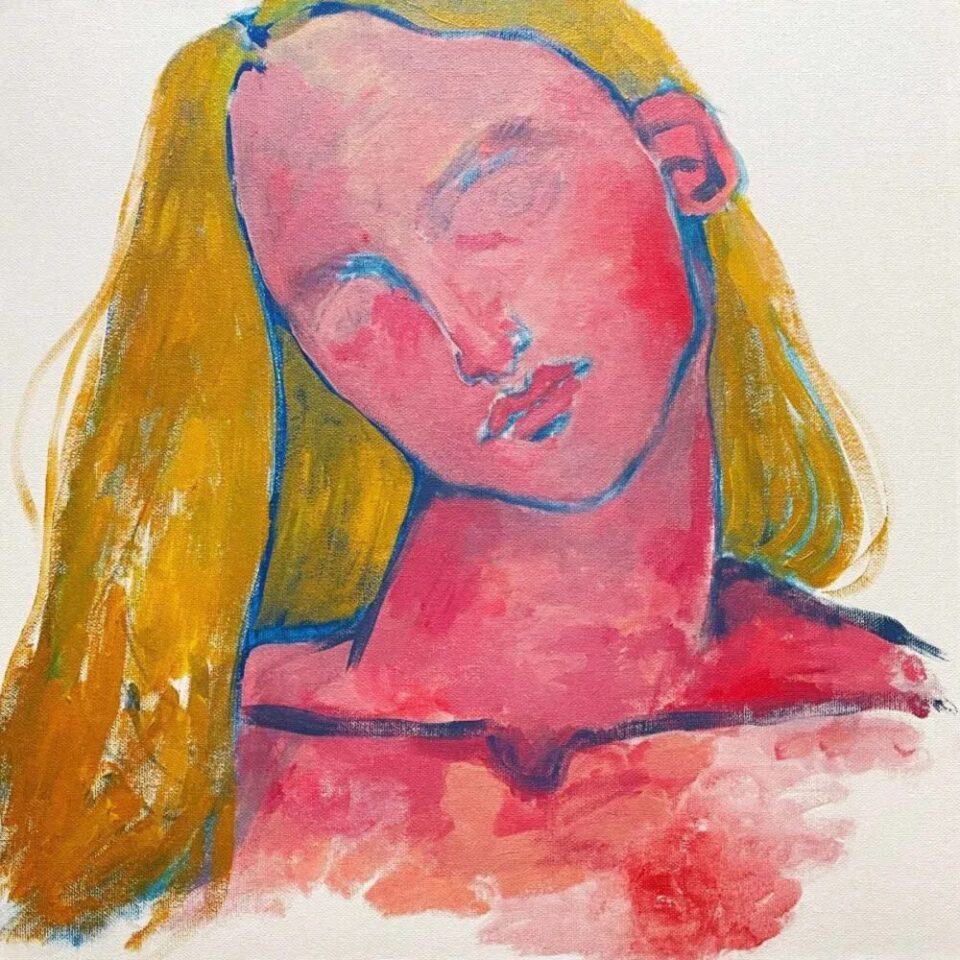
Billie Marten, Dog Eared
The British indie-folk songwriter’s fifth album is aided by a full-band even in its most personal moments, as Marten reflects on indelible scenes from childhood as seen through adult eyes.
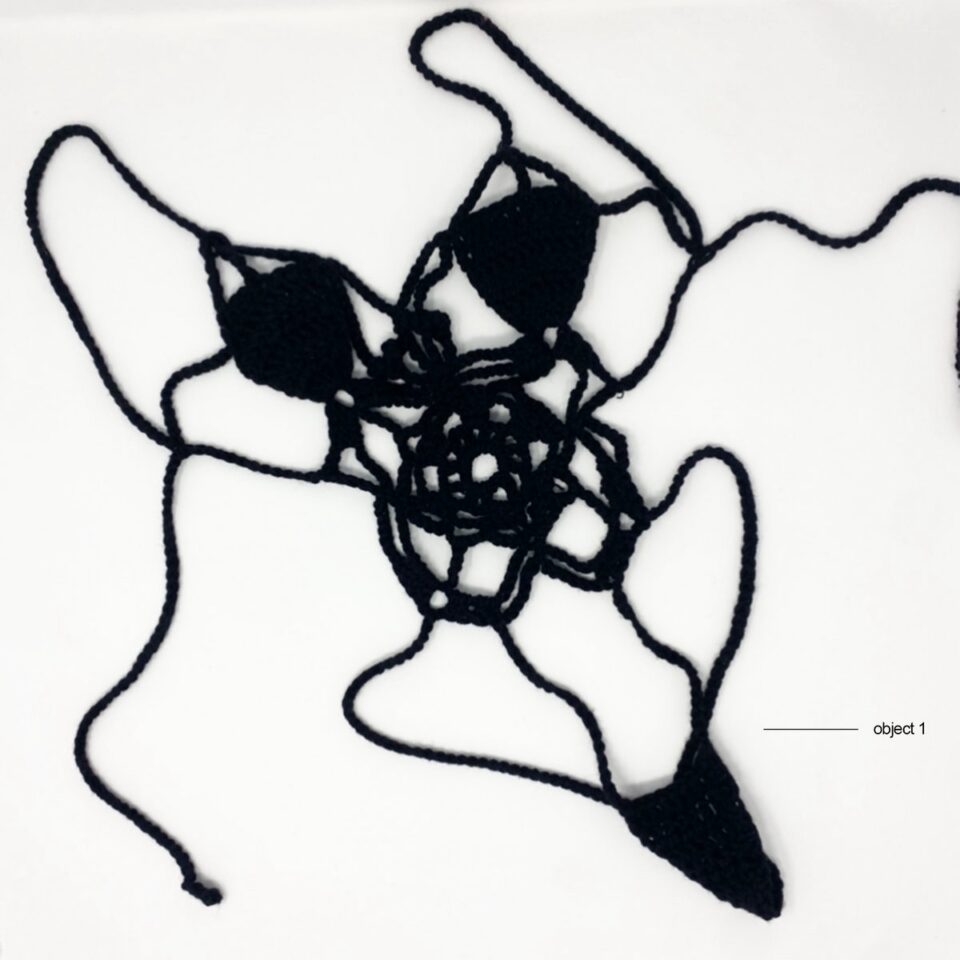
Flooding, Object 1
The Kansas City trio ushers in a new kind of tenderness with an EP running the gamut from slowcore to screamo, one that’s vulnerable and violent and completely captivating.
Margaret Farrell

The music industry, like history, repeats itself, which is why Greta Van Fleet feels deceptively refreshing—at least to talk about.
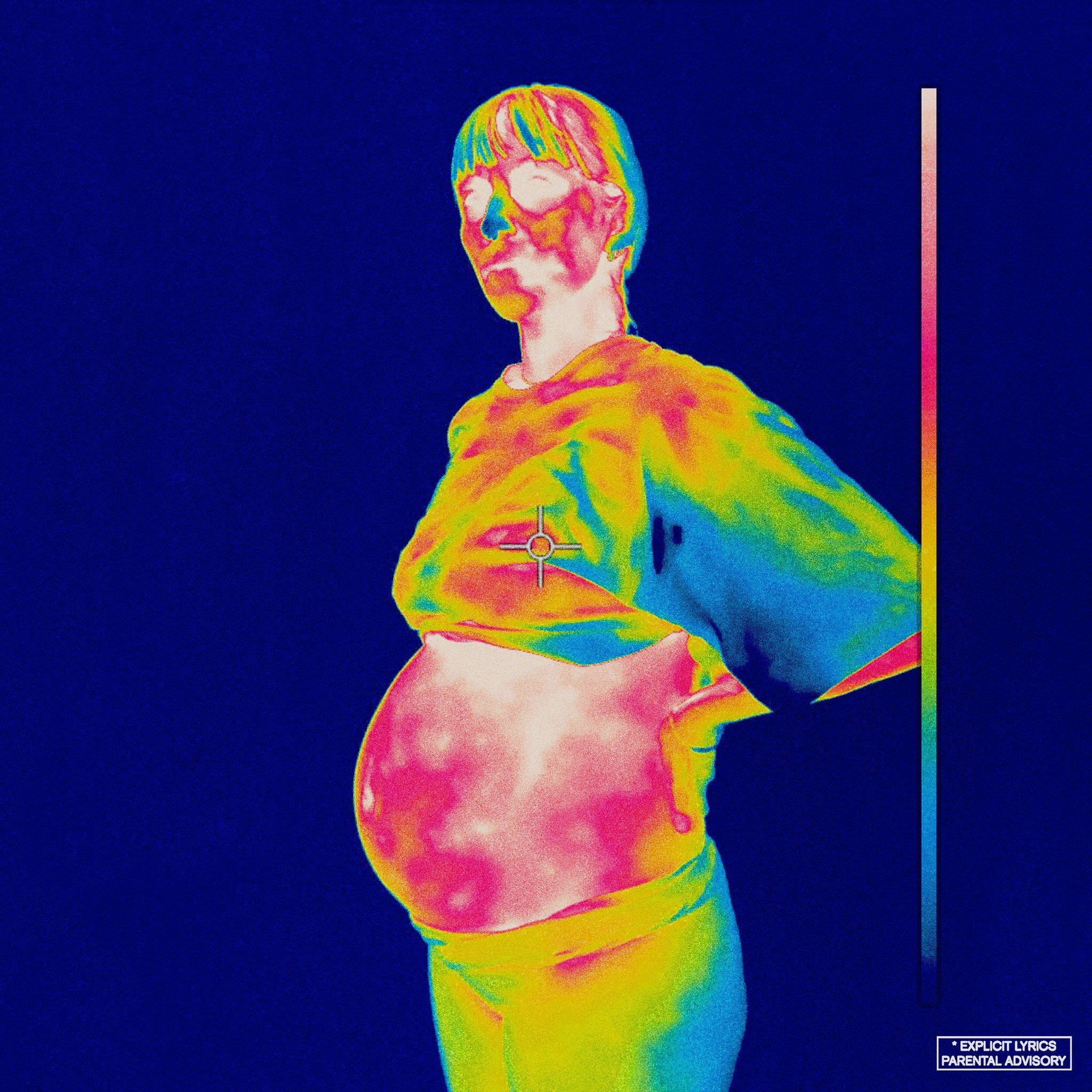
The American rap group—or boy band, if you ask them—have found the right balance of vulnerability and abrasive freneticism.
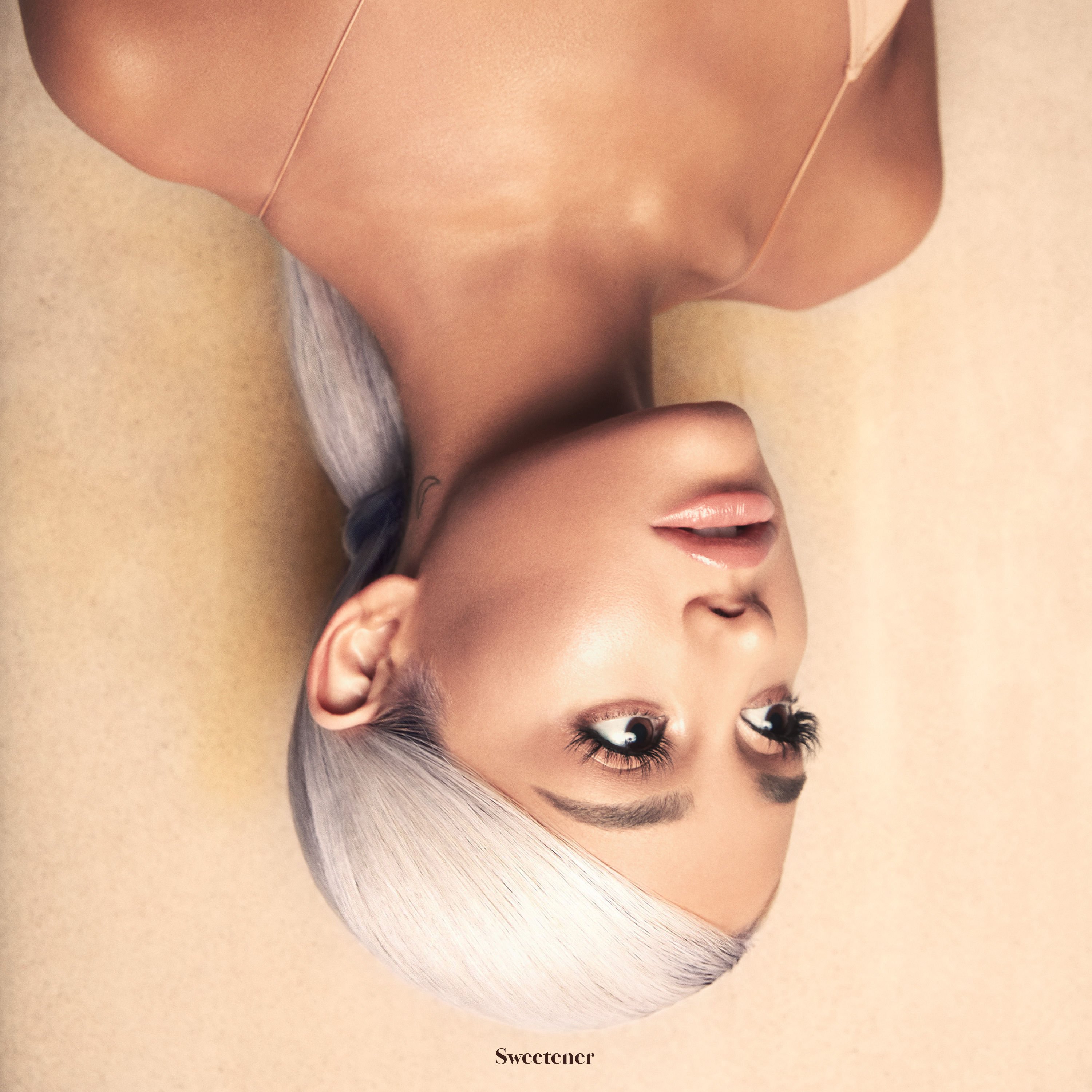
“Sweetener” is a pop remedy for anxiety, while also explicitly detailing its crippling nature.
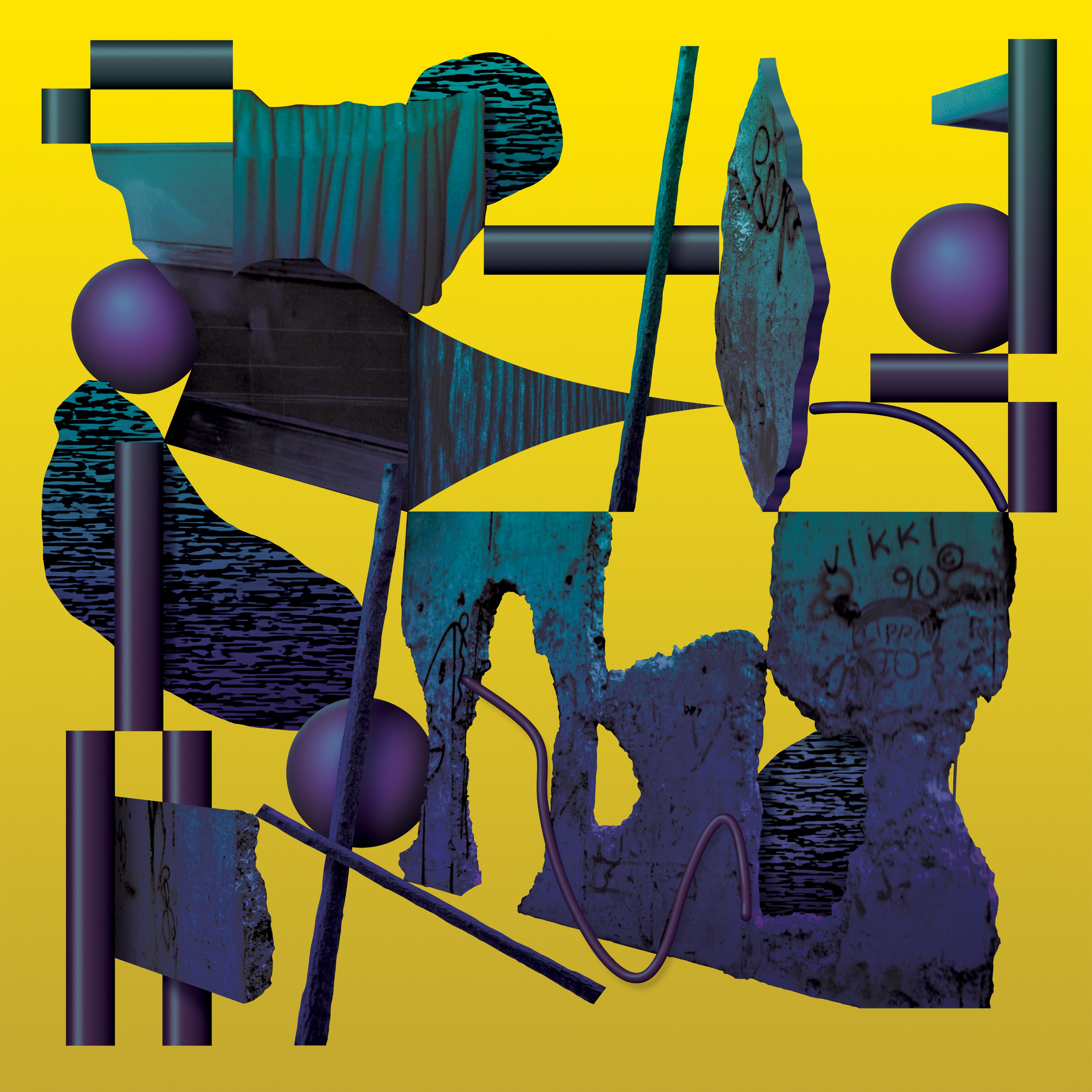
Ross from Friends’ debut indulges in humor and the minutiae of legacy, handling the details with care.
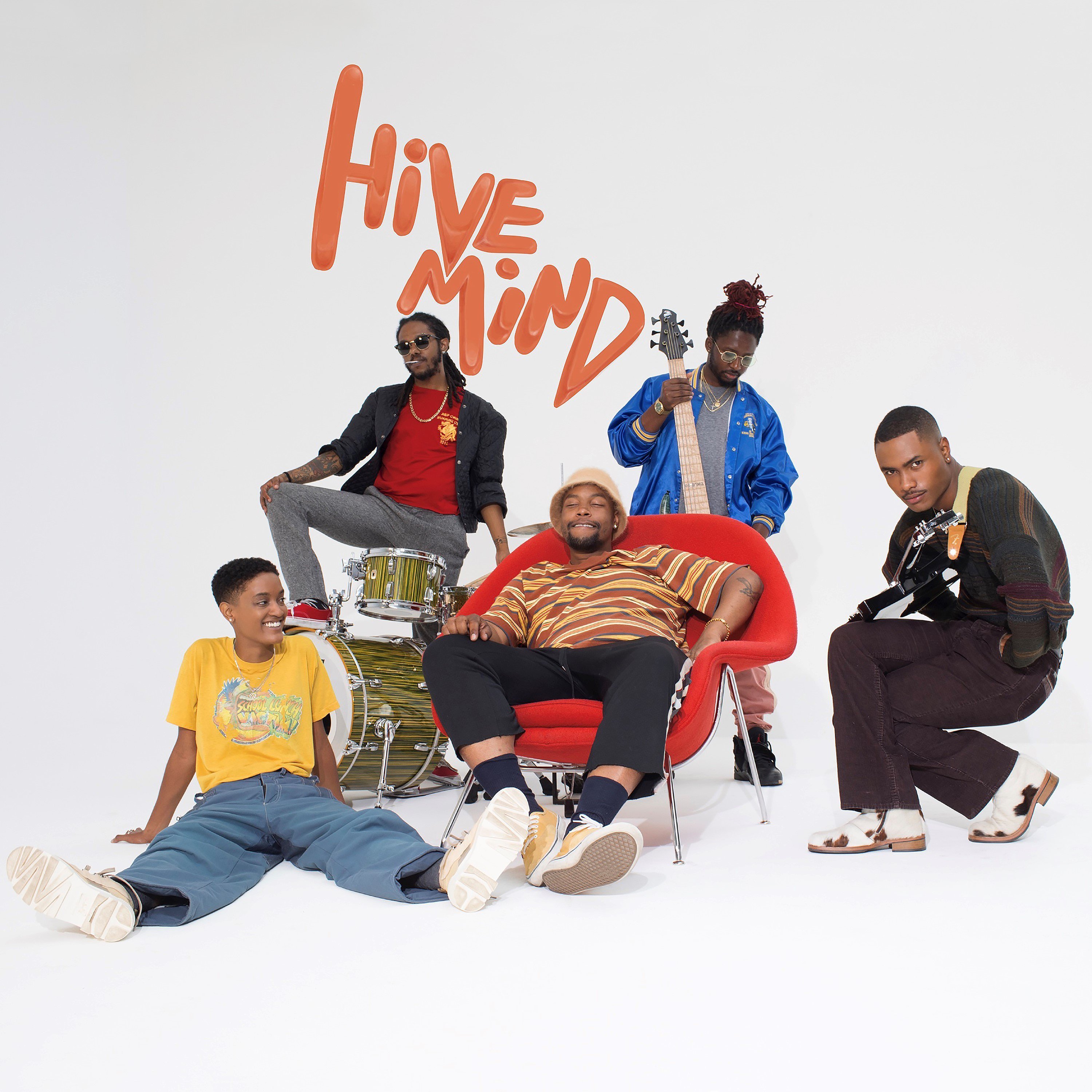
“Hive Mind” solidifies The Internet’s sound as a newly formed molecule, sharing skills and attributes like electrons in a covalent bond.
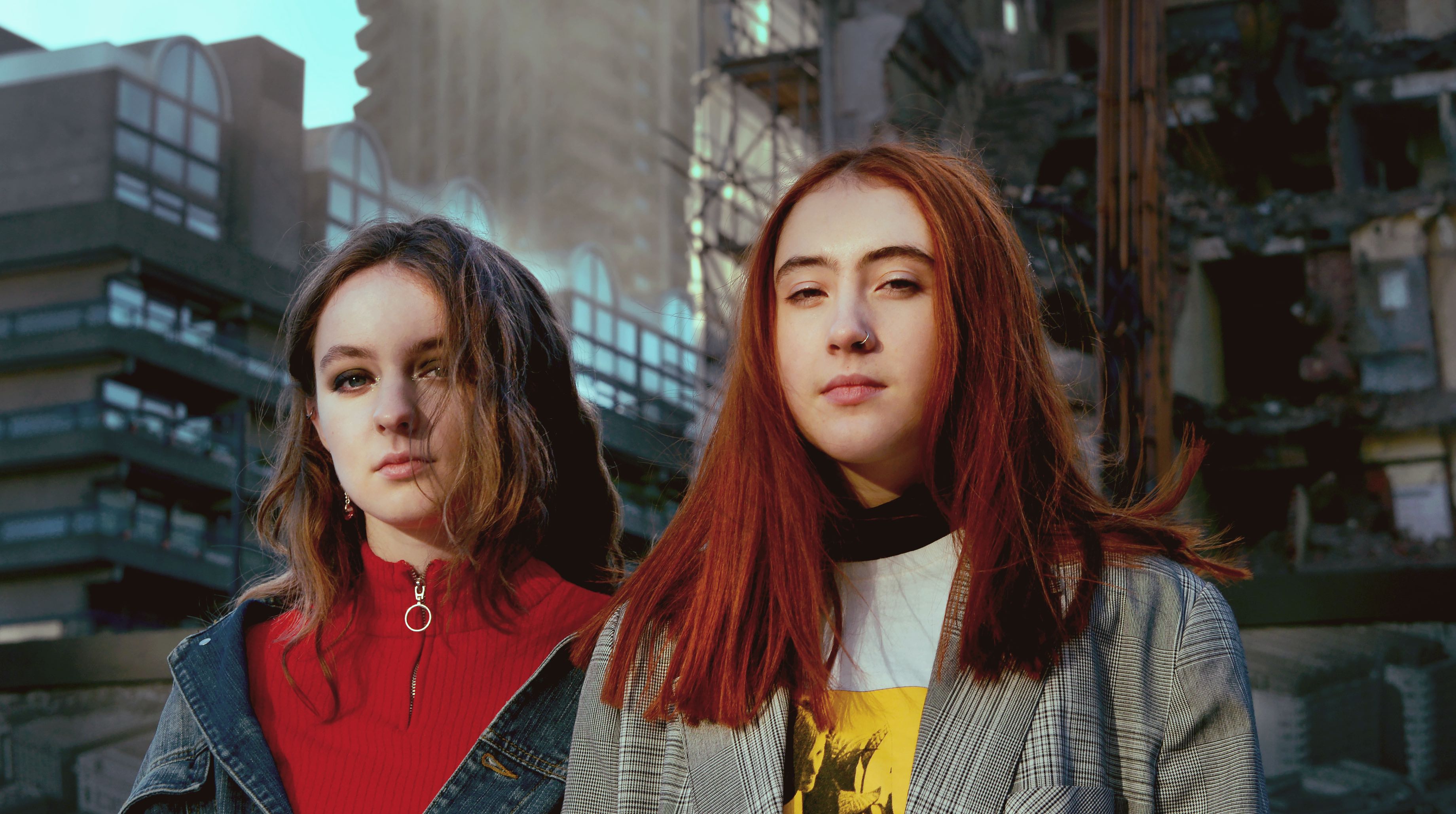
More playful than cannibalistic, Jenny Hollingworth and Rosa Walton want you to join them in the supermarket of their dreams.
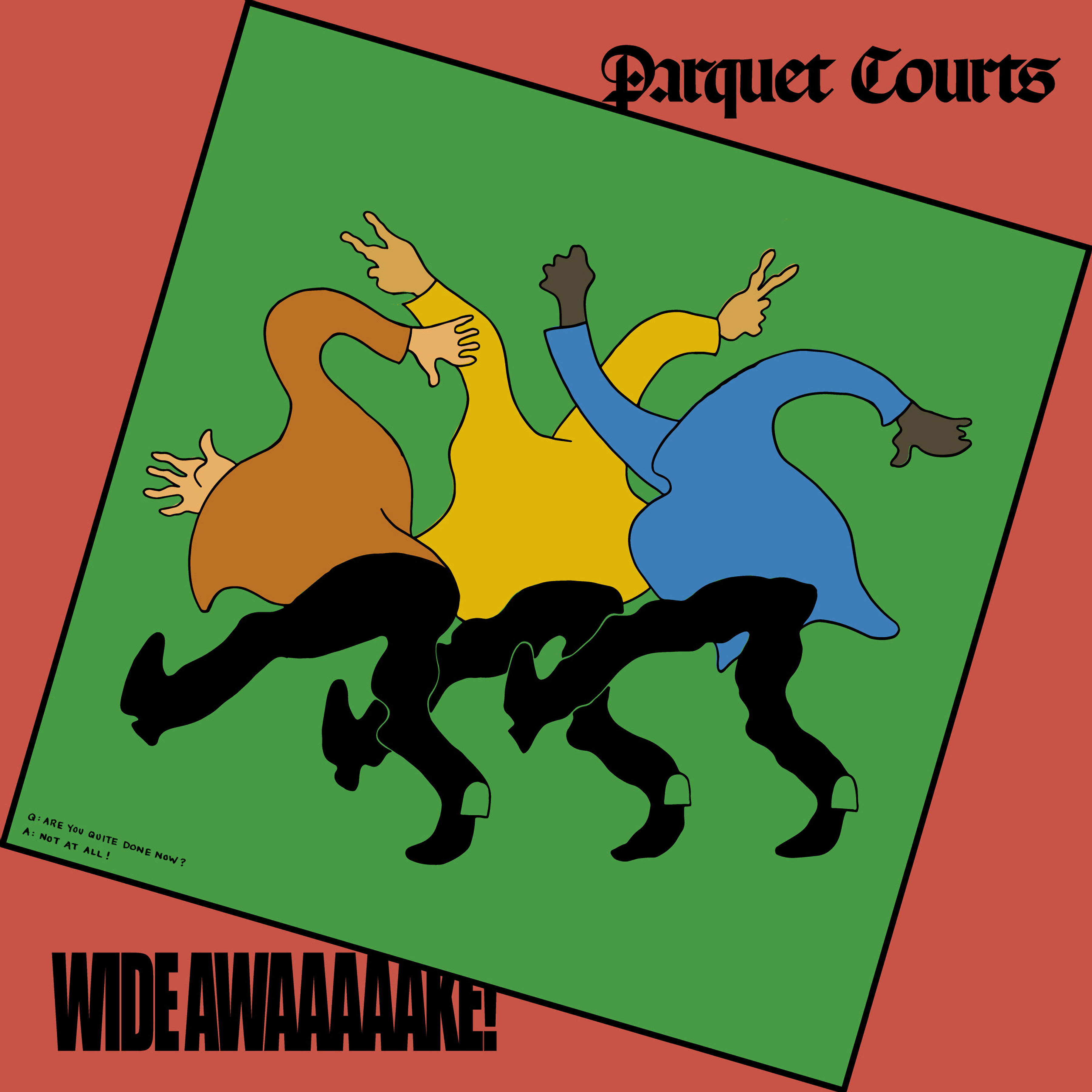
Parquet Courts are practicing a kind of self-care: the self-care of rebellion, of questioning, of not taking things at face value.

Tinashe is confident and proud, but at the end of thirty-six minutes there doesn’t seem to be a clear understanding of who she is.

A hodgepodge of contemplations on love at its best and worst.
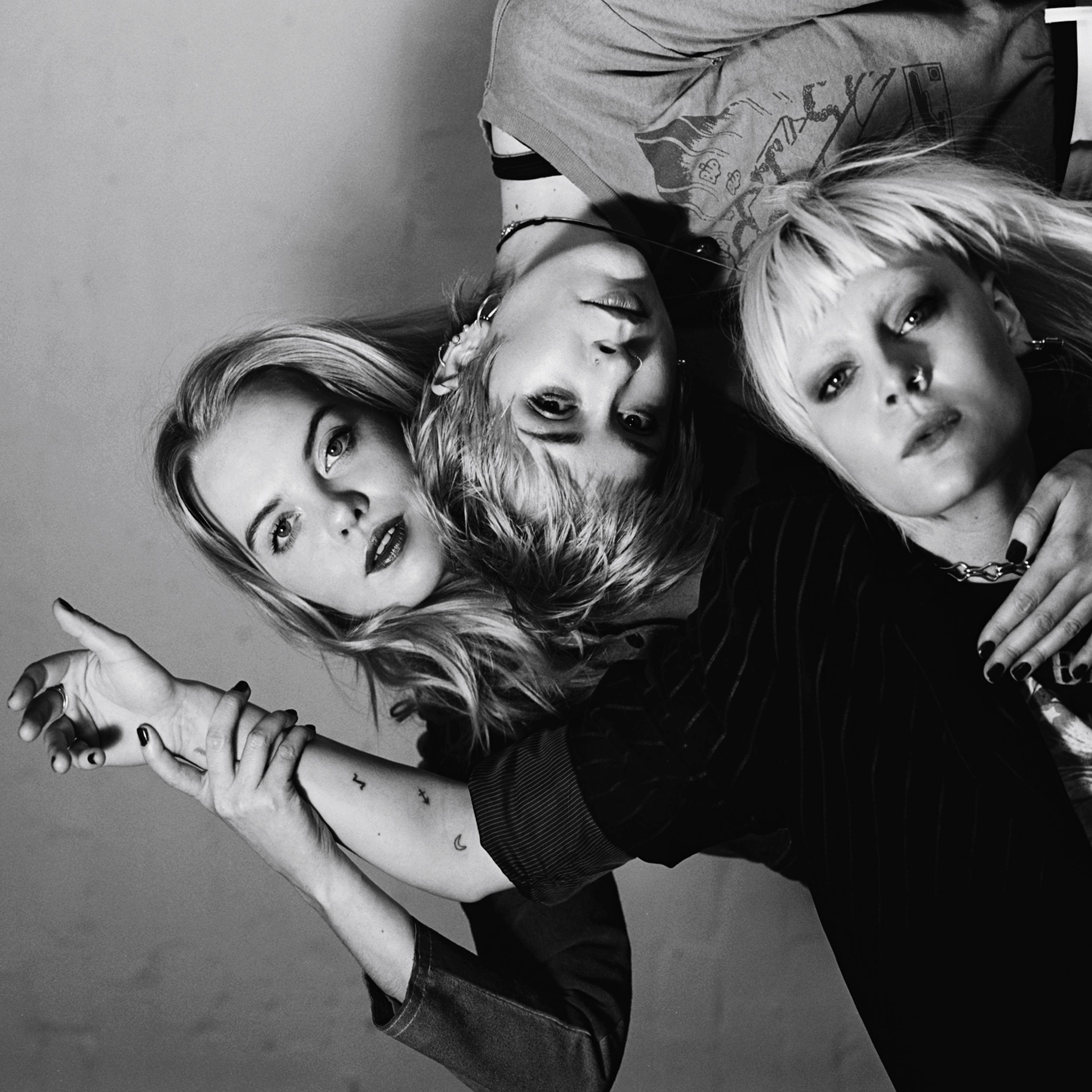
Over fortified vocal harmonies, punching rock drum beats, and growling guitars that ring like fire alarms, Dream Wife have conceived a pointed but fun debut.

